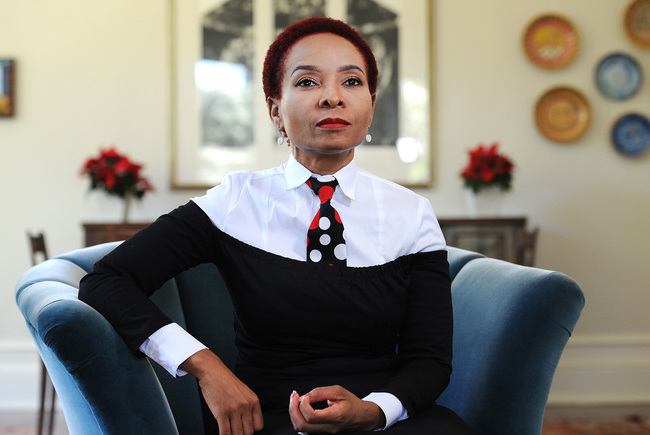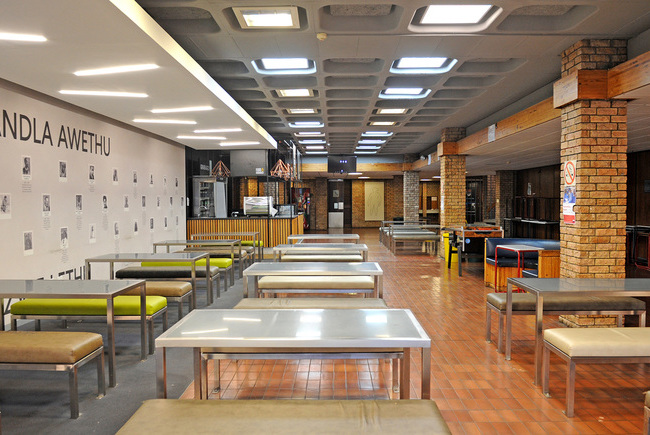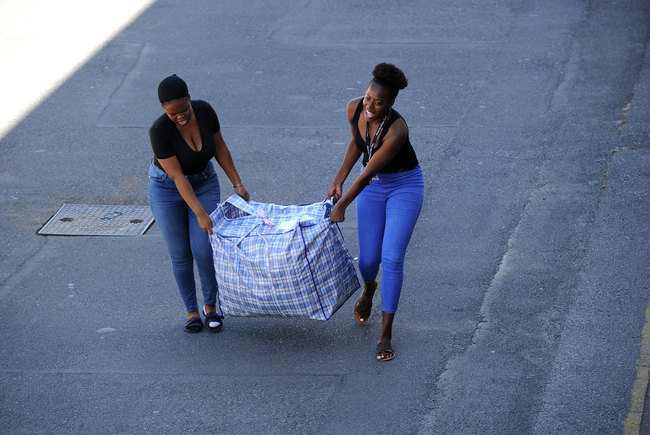Update on the novel coronavirus outbreak
05 February 2020 | From Kgethi
Dear colleagues and students
The novel coronavirus (2019-nCoV), which emerged last month, was declared a global health emergency by the World Health Organization (WHO) late last week. With students and staff due to return to the University of Cape Town’s (UCT) classrooms for the beginning of the academic year, the university is monitoring reports of the spread of this disease. Since the beginning of 2020 the world has been on alert following the outbreak, which was identified as originating in the city of Wuhan, in Hubei province, China, and has already claimed the lives of over 400 people.
On Thursday, 30 January, the WHO declared that the 2019-nCoV outbreak now constitutes a public health emergency of international concern. South Africa is seen as a relatively low-risk area and to date no cases have been reported within the country.
However, with 23 countries outside of China having reported cases, the National Department of Health and the National Institute for Communicable Diseases (NICD) in Johannesburg are on high alert. They have stated that they are adequately prepared for active surveillance, early detection, isolation and case management, contact tracing, and prevention of onward spread.
The South African government has not imposed any restrictions on travel and trade but has advised that travel to Wuhan or Hubei should be avoided or postponed. Screening at airports and other ports of entry has intensified.
The safety and well-being of students and staff remains our top concern at UCT. We have communicated with students from the most affected regions and have asked them to provide us with details about their circumstances and travel plans. In line with advice from the Chinese government, students still in China have been asked to delay their travels, and we are considering options for academic registration for affected students.
Visitors from affected regions are also being asked to postpone their travels until international health authorities consider the risk to be under control. We advise staff and students to avoid travelling to China for the time being. However, all travellers should avoid close contact with people who display symptoms similar to those of respiratory tract infections or the common cold, such as coughing or runny noses. Travellers should clean their hands regularly with an alcohol-based rub or soap and water, scrubbing for at least 20 seconds. If you must travel to China, steer clear of live animals.
Any students or staff who develop a cough, a sore throat or shortness of breath within 14 days of travelling to China are urged to seek immediate medical attention. Additional symptoms may include feeling tired and a high temperature.
We will continue to monitor the situation closely to better understand the relative risks and the extent of the virus’s spread.
2019-CoV is spread via droplets when a person coughs or sneezes. Staff and students are reminded to follow basic hygiene measures to halt its spread:
- Wash your hands often with soap and water.
- Avoid touching your eyes, nose or mouth with unwashed hands.
- Cover your nose and mouth with a disposable tissue when you cough or sneeze (catch it, bin it, kill it).
- Avoid close contact with people who are sick.
- Regularly clean commonly used surfaces and devices that you touch or handle.
The Student Wellness Service (SWS) is in contact with the NICD, which is working with the Western Cape Department of Health and Cape Town International Airport. The DSA SWS Communicable Diseases Guidelines were specifically compiled for UCT students and shared with residences in 2019. The DSA also has a Communicable Diseases Working Group that will be activated if necessary.
Students who require further information or have questions about 2019-nCoV should contact SWS: sws@uct.ac.za, 021 650 1020/5620 (week days) or 021 650 1271 (weekends and after hours).
To read more on the virus and news on the South African situation, visit the NICD website. To keep up to date with news on the disease, visit the WHO website for situation reports.
 This work is licensed under a Creative Commons Attribution-NoDerivatives 4.0 International License.
This work is licensed under a Creative Commons Attribution-NoDerivatives 4.0 International License.
Please view the republishing articles page for more information.
UCT’s response to COVID-19 in 2021
COVID-19 is a global pandemic that caused President Cyril Ramaphosa to declare a national disaster in South Africa on 15 March 2020 and to implement a national lockdown from 26 March 2020.
UCT is taking the threat of infection in our university community extremely seriously, and this page will be updated regularly with the latest COVID-19 information. Please note that the information on this page is subject to change depending on current lockdown regulations.
Commemorating a year of COVID-19
At midnight on 26 March 2020, South African went into the first nationwide hard lockdown. A year later, we remember those who have died and those who have been affected by COVID-19, as well as the pandemic’s effects across society and campus. We are especially grateful for the front-line health workers who have done so much for so many.
Frequently asked questions
In an email to the UCT community, Vice-Chancellor Professor Mamokgethi Phakeng said:
“COVID-19, caused by the virus SARS-CoV-2, is a rapidly changing epidemic. [...] Information [...] will be updated as and when new information becomes available.”
We are continuing to monitor the situation and we will be updating the UCT community regularly – as and when there are further updates. If you are concerned or need more information, students can contact the Student Wellness Service on 021 650 5620 or 021 650 1271 (after hours), while staff can contact 021 650 5685.














